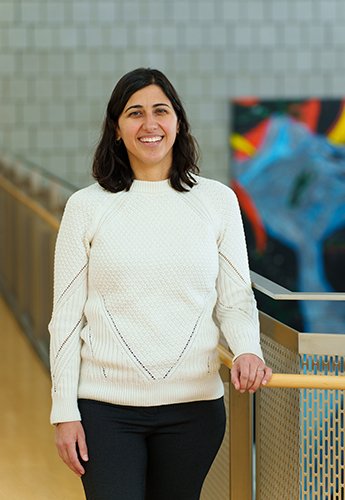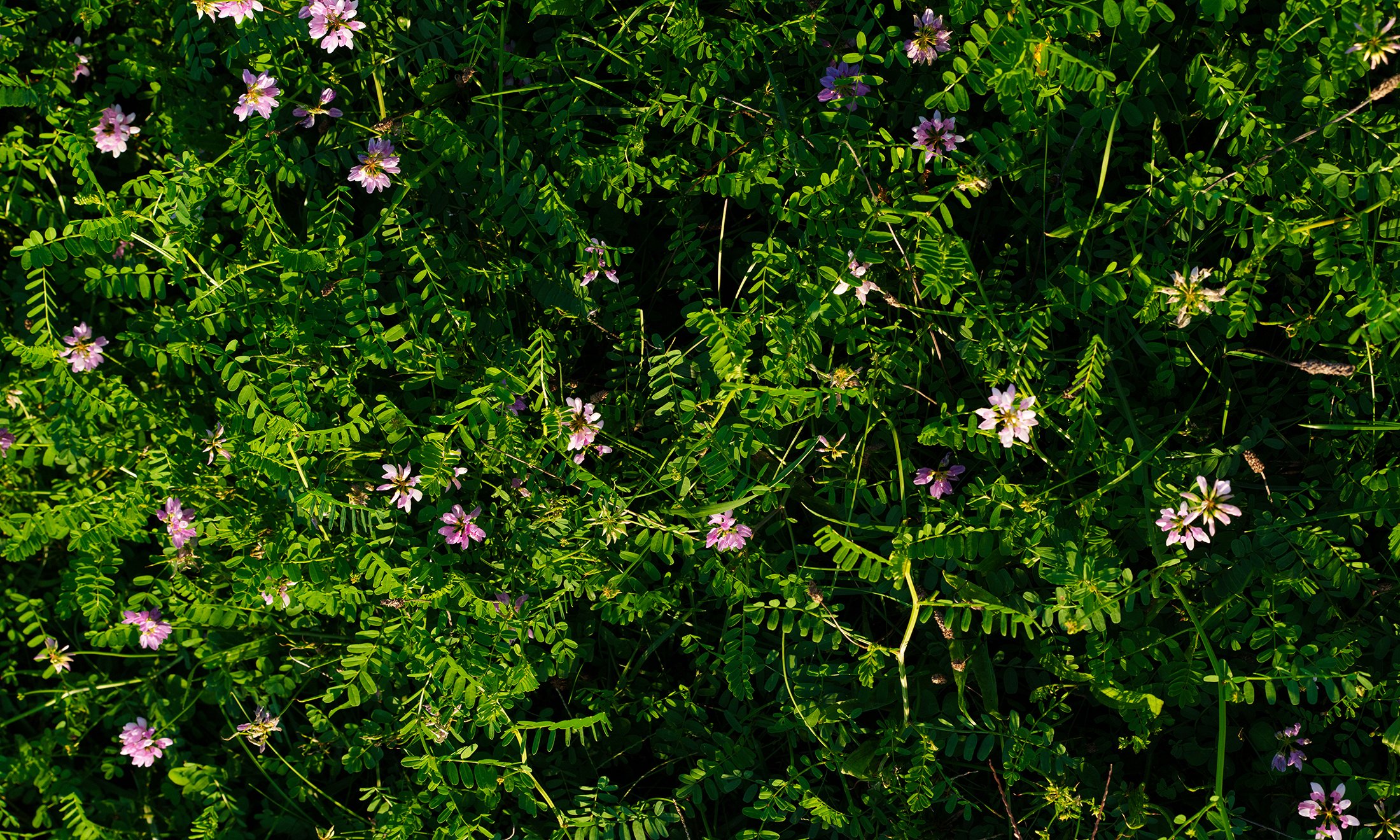Building a Career Based on the Butterfly Effect
Associate Professor of Public Health Mozhgon Rajaee found her foundation in a curious small farm, propelling her to a career of teaching and activism
An offbeat flock of birds nestled in the Canton countryside propelled a career in public health. Growing up, Mozhgon Rajaee, Ph.D., found a love for conservation, based on her time wandering her family’s land surrounded by their free-range peacocks and chicken.
 |
“We played outside, in the woods, and I had pet chickens, too,” Dr. Rajaee says. “That’s probably how it all started.”
Her love developed beyond a child’s fascination with animals, though. A neighbor noticed not only her appreciation but an aptitude for more, and would periodically pass on pieces of her PETA magazine collection, truly igniting Rajaee’s path. “She radicalized me,” Rajaee remembers.
Quickly ticking through articles, Rajaee became more impassioned and informed, learning the “terrible” reality of industrial farming. “As I got older, I was just intrigued by the whole thing,” she says. “I became a vegetarian at 12, and some people thought it was just a phase. But I doubled down and I learned even more.”
When she began her undergraduate studies, Rajaee began to recognize an environmental niche in the public health field where she could explore how people interact with the environment and improve overall conditions and health. Initially, she pursued biology and global studies, and she further specialized in graduate school by simultaneously completing two masters: a Master of Public Health, specialized in environmental quality and health, and a master’s in environmental policy and planning. Adding to her studious stride, Rajaee also earned a doctorate in environmental health.
A combination of her care and commitment led her to Oakland University, where she offers the same nurturing guidance of her hand-me-down magazines in presentations with her students. Similarly, Rajaee invites students to take note of what’s right around them and seek to understand more.
“Just reviewing this room, I could think of a whole list of toxicants — it can be super overwhelming,” she explains. “But you have to balance being informed and maintaining hope.”
While the world is vast, Rajaee recommends starting with what’s immediately around you: join environmental newsletters, attend your city council meetings and start conversations in your community. On campus, she weaves her expertise in the Campus Alliance for Sustainability and the Environment (CASE) and the Native American Advisory Committee. She worked with founding members to establish OU’s Native American land acknowledgment and has supported the Native American Heritage Site on campus.
“It’s nice to know we’re doing things here,” Rajaee says. “That’s really unique [to have the Native American Heritage Site].”
Rajaee views OU as one of her communities, and often public health and environmental change find their roots in local outreach. Larger policy change is “challenging” but can stem from actions at this level. “There are many things we’re doing well — OU still has room to grow in environmental sustainability, though,” she says.
In Rajaee’s case, a series of small actions — playing outside, having pet chickens and donating some magazines — set the foundation for a career dedicated to mending the relationship between people and their environment.
“People can do a lot,” she says. “It may seem overwhelming and impossible, but it doesn’t have to be that way. You can find supportive people around you; just join conversations.”
More Like This: |


 April 02, 2025
April 02, 2025
 By Emily Morris
By Emily Morris
